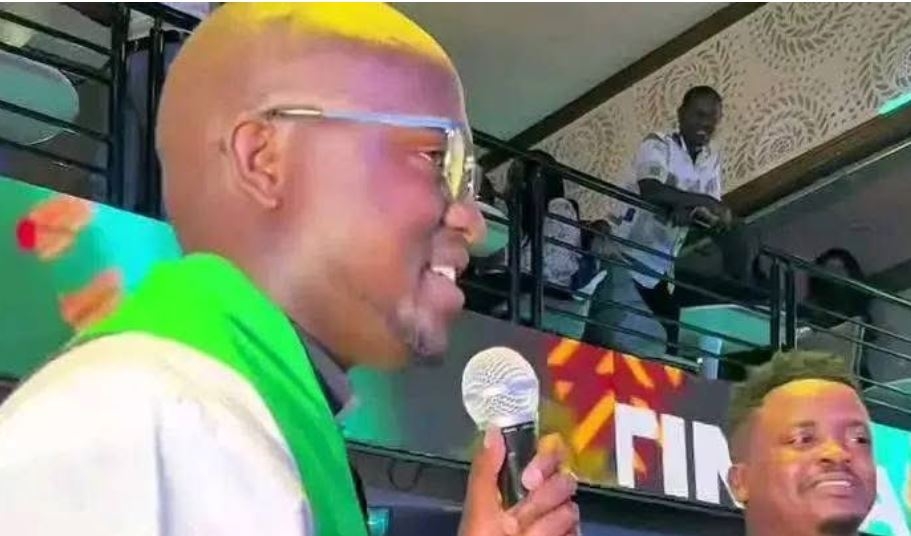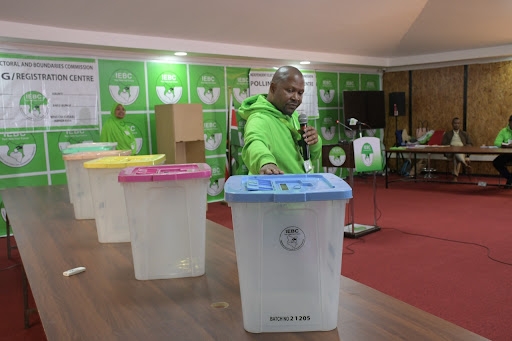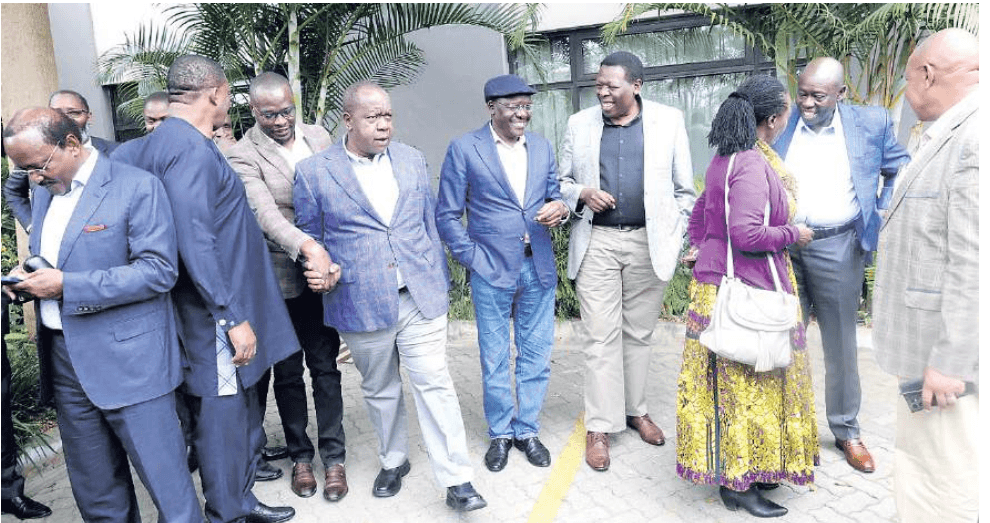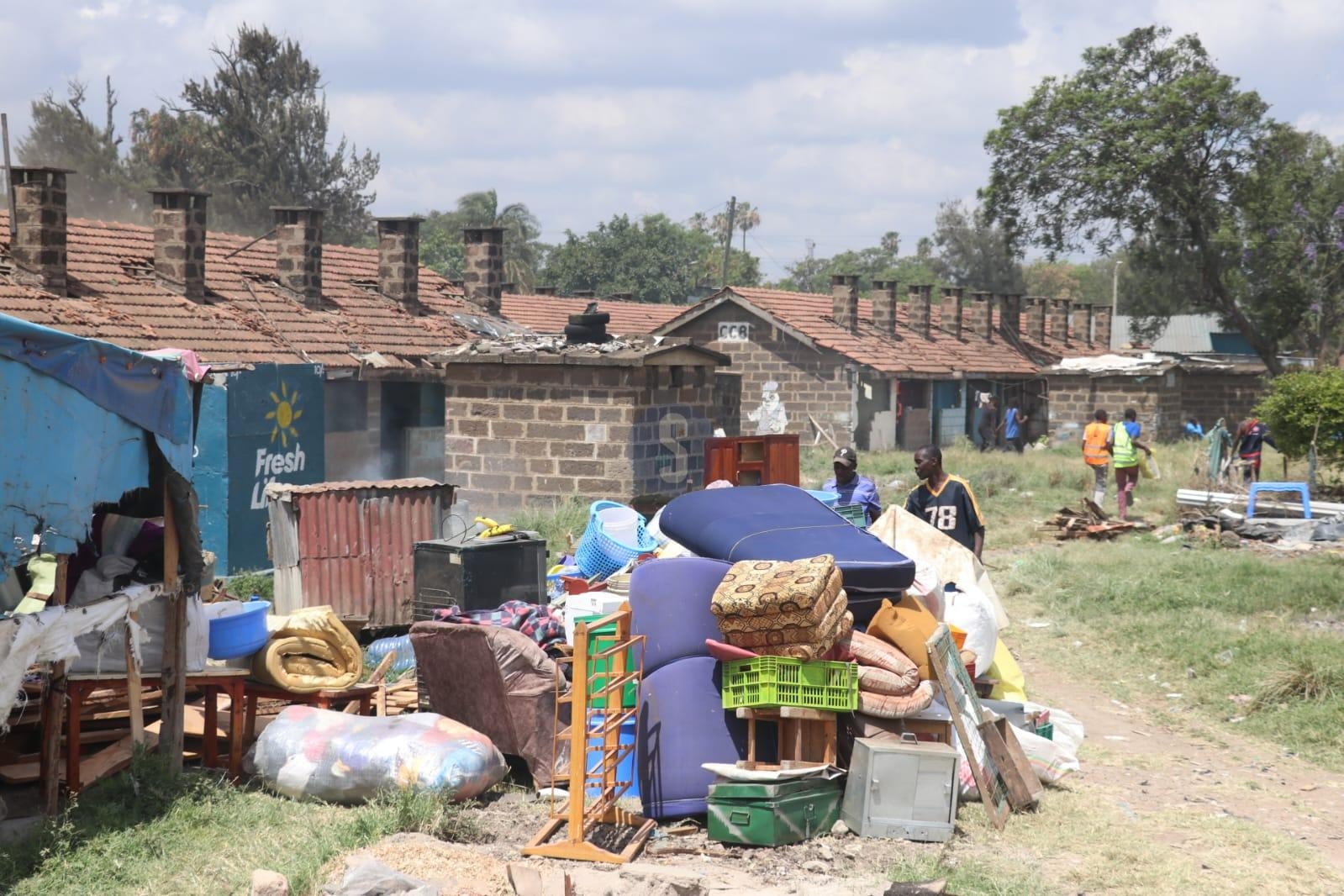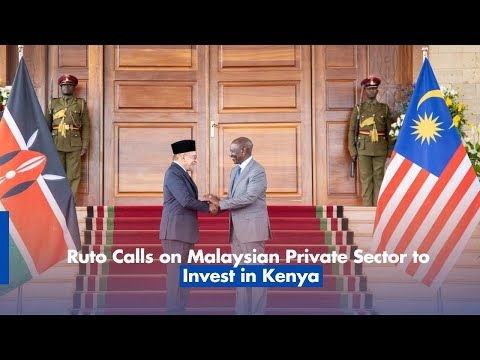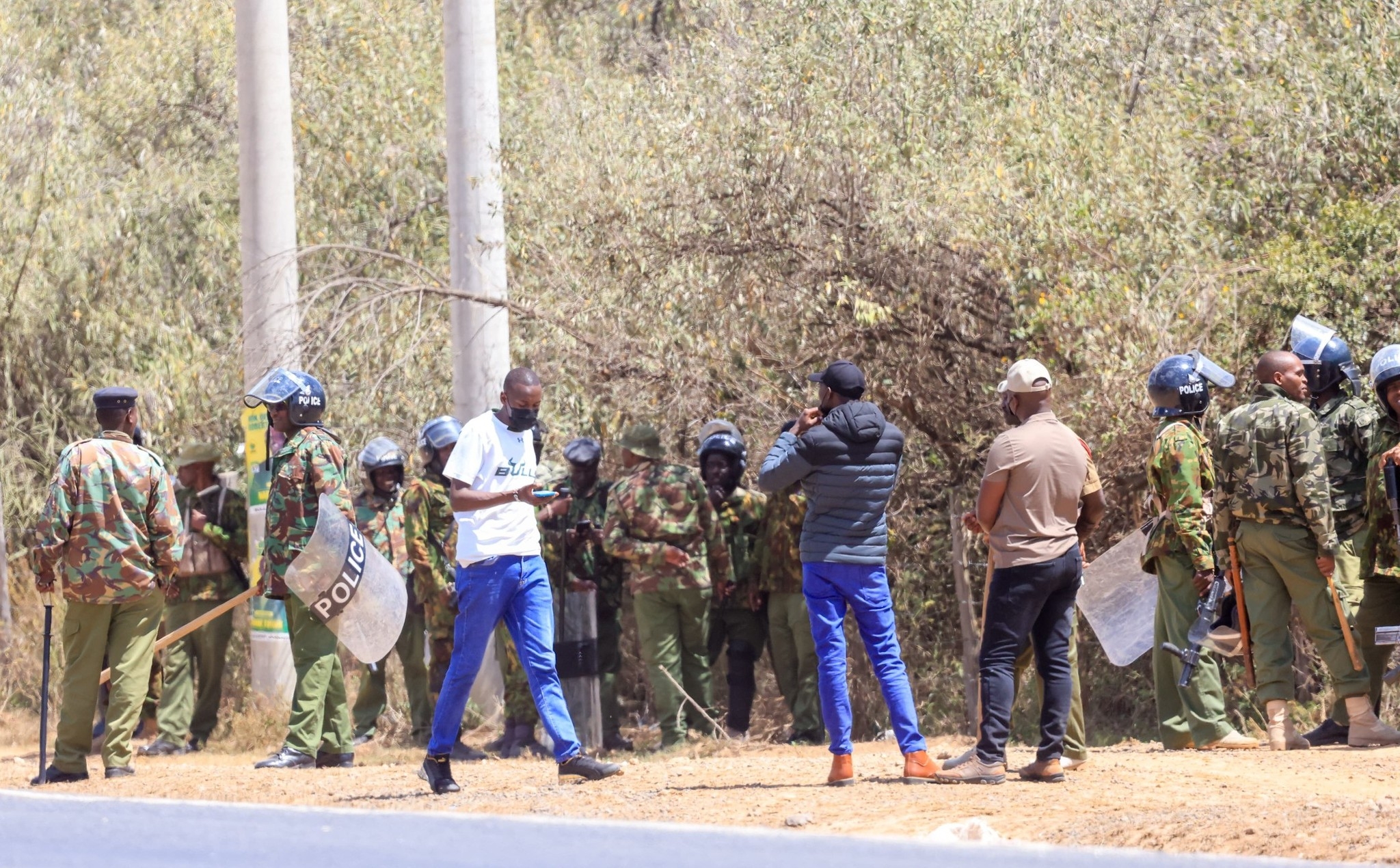One of the best things that has happened 60 years post-independence is the presence of political conversations happening on the professional social app, LinkedIn.
And now that former Prime Minister Raila Odinga is now on LinkedIn, his conversations have gone a notch higher and they are reaching the middle to upper income audience, which to some extent, is the reason behind low voter turnouts and our inability to reach democratic maturity and optimum development as a country.
Raila, has now strategically pushed his agenda on this platform, and whoever is currently advising him must have graduated from/ or been aligned to the best possible school of governance and politics. Political conversations and campaigns have for a long time been aimed at low-income citizens, but with the continued adoption of LinkedIn, given Baba’s strategy, could the tide be turning now?
You see, I bumped into one very good African political scientist who is also an academic, from Cameroon; he had just made his presentation on coups d’états in West Africa, and the link between autocracy, poverty and coups.
One of his key findings was that the features of the masterminds of coups is that they are well-learned sons of the soil, and the citizen proponents of the coups are mostly impoverished people. He then told me that the biggest letdown in Africa when it comes to democracy, are the upper middle-income citizens and the rich, who simply don’t vote.
Why do coup leaders and politicians in general thrive in governing through the majority low to middle-income citizens? Poverty governance is a strategy that has been used for a long time in Kenya, and Africa at large through employing political power, exercising political authority, mobilising political resources, running political institutions and gaining political legitimacy. Kenya is not an exception a good number of politicians use this strategy.
According to a 2022 World Bank report, Kenya is now on the verge of becoming an upper middle-income country. Therefore, politicians need to change tack, look at diversifying their campaigns and move from poverty governance strategies to look at democracy holistically. They need to look at future fair political processes and boosting equitable development through mature conversations on platforms like LinkedIn.
The World Bank alludes to the fact there is a growing number of better-educated and healthier Kenyans in the labour force contributing more than any other factor to rising gross domestic product.
What politicians should do to push their agenda through LinkedIn and turn conversations to votes is to discuss their professional goals, easily broken down to key points.
Politicians can also network with like-minded people within the social platform, for instance practitioners in international organisations, non-governmental organisations, civil society, academics and even students studying politics and development work.
Voicing their personal opinions may not work well on LinkedIn, as the conversation feels almost one way through LinkedIn, but going by the growing metrics on Raila Odinga’s page over the past few days, then it is the beginning of getting the middle- to upper-income citizens to vote and help make sober political decisions and policies for a better Kenya.
The writer is a communications researcher and scholar, currently pursuing Peace and Development Work Studies in Sweden. [email protected]




